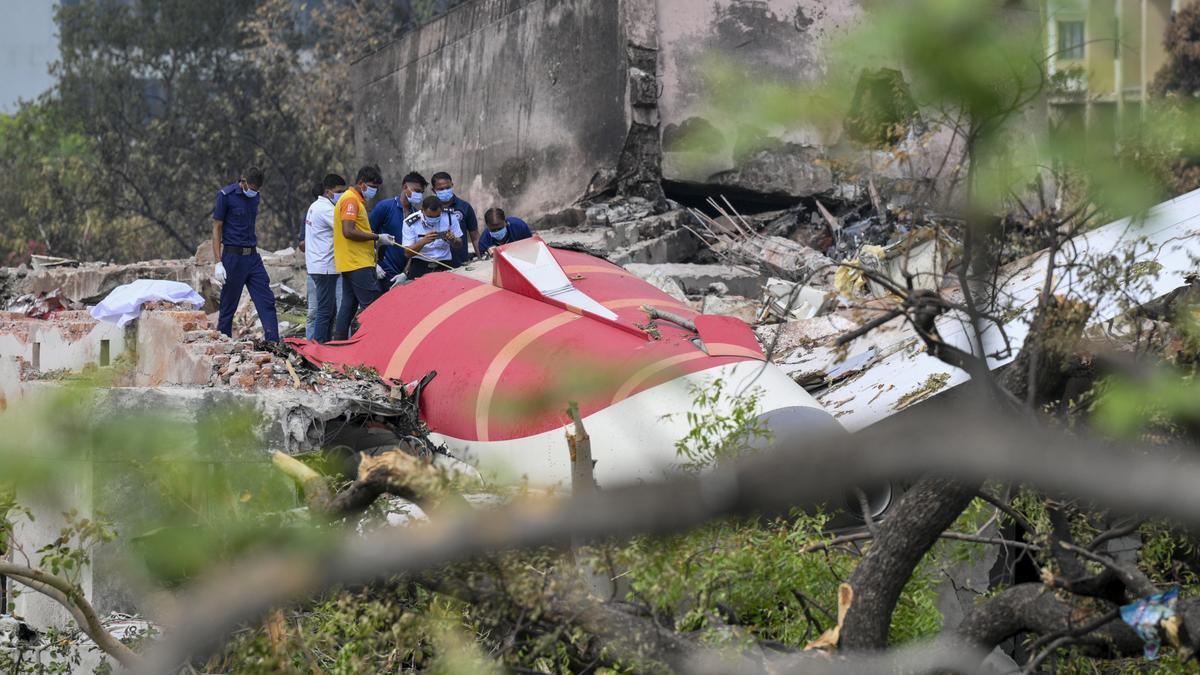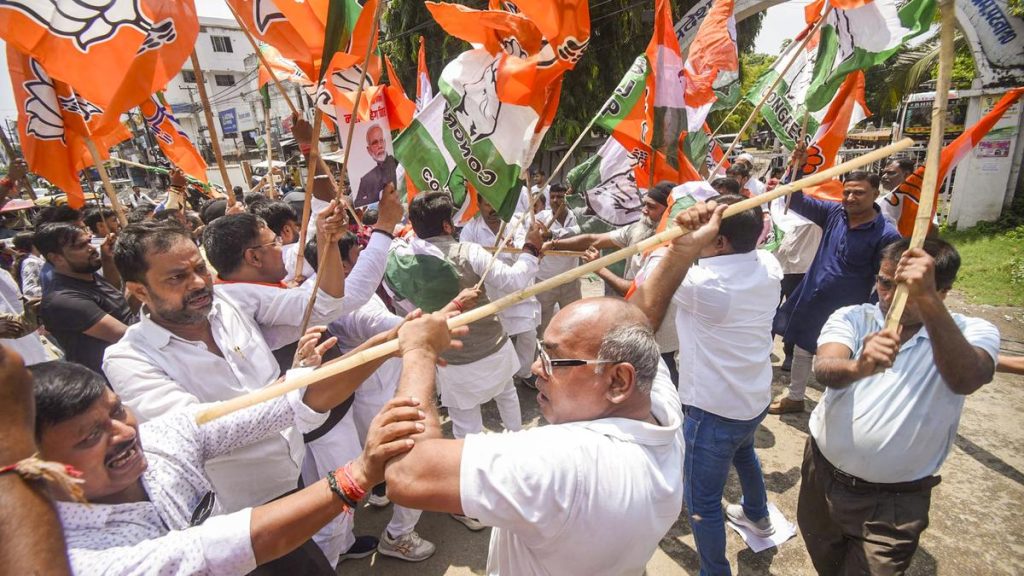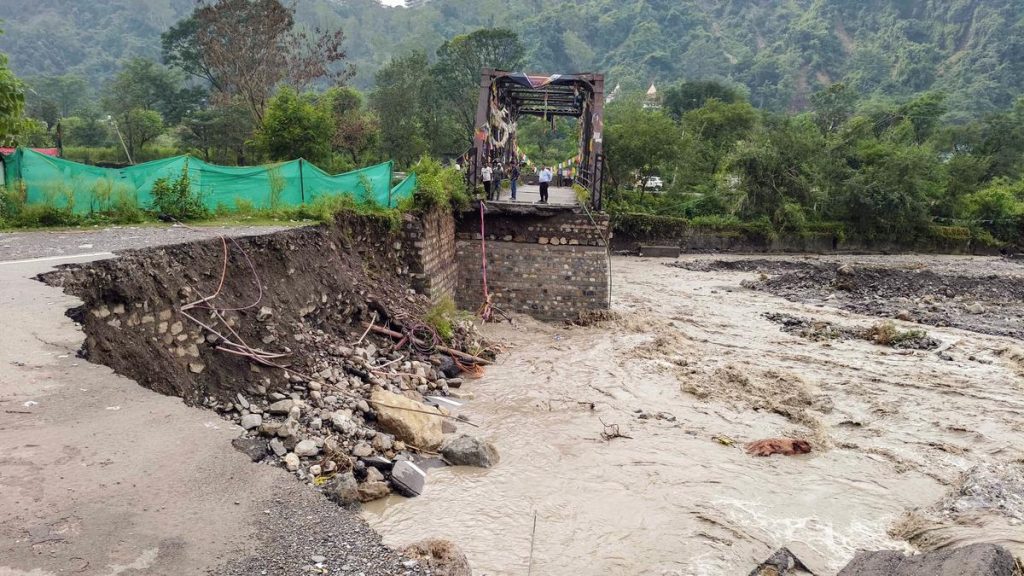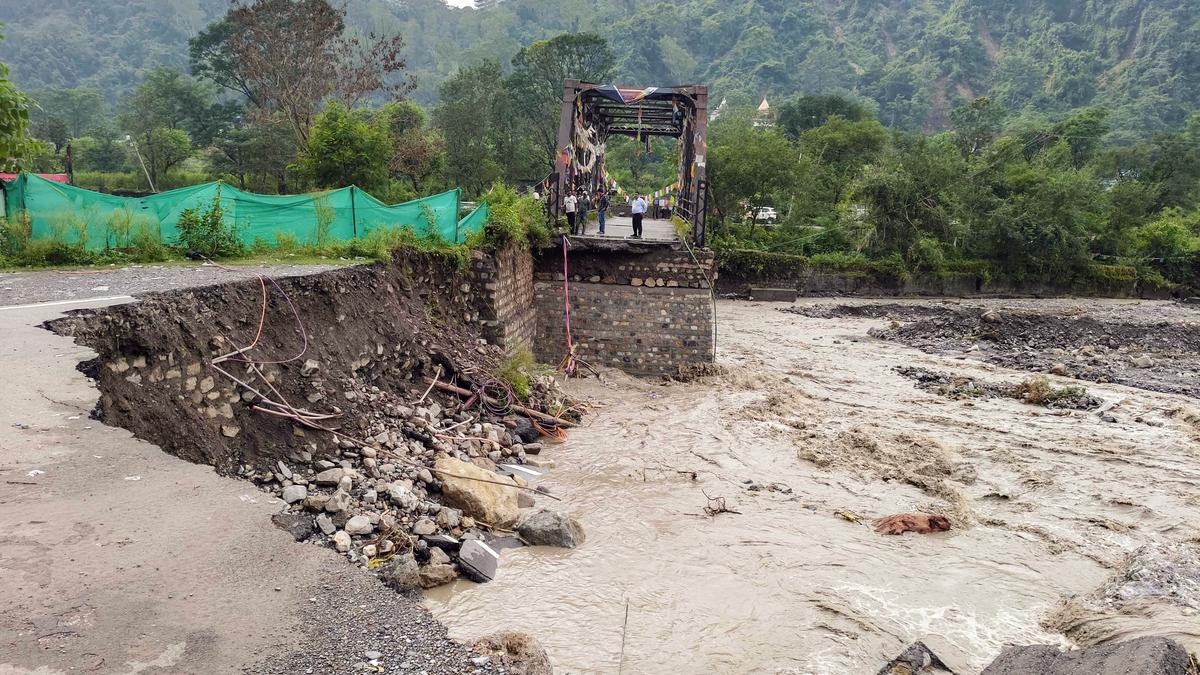Now Reading: Air India Crash: Pilot’s Father Calls for Fresh Probe Over AAIB Findings
-
01
Air India Crash: Pilot’s Father Calls for Fresh Probe Over AAIB Findings
Air India Crash: Pilot’s Father Calls for Fresh Probe Over AAIB Findings

Quick Summary
- Pushkaraj Sabharwal, father of Captain Sumeet Sabharwal, one of the pilots in the fatal Air India Dreamliner crash in Ahmedabad, has requested a formal investigation by India’s central government under Rule 12 of the Aircraft (Investigation of Accidents and incidents) Rules, 2017.
- The accident on June 12 resulted in the deaths of 260 people, including 241 passengers.
- Allegations about Captain Sumeet sabharwal’s mental health have surfaced after preliminary AAIB findings suggested psychological pressures possibly contributed too the tragedy.Pushkaraj refuted these claims with evidence regarding his son’s professional history and past personal challenges that allegedly caused him anxiety and depression.
- Captain Sabharwal had over 25 years of flying experience with almost no record of accidents or incidents and was an accredited Pilot Trainer.
- The preliminary AAIB report noted confusion in the cockpit stemming from an abrupt fuel supply cutoff to both engines within one second but stated it was too early for definitive conclusions about causes.
- Pushkaraj criticized selective leaks from AAIB’s findings as tarnishing his son’s reputation under Article 21 (Right to Reputation) while questioning inconsistencies in reporting.
Indian Opinion Analysis
The Ahmedabad plane crash is one of India’s worst aviation tragedies, raising several concerns about airline safety protocols, psychological profiling for pilots, and investigative transparency during high-stakes cases like this. While Pushkaraj Sabharwal’s appeal highlights deeply personal stakes tied to his son’s reputation and career achievements, it also underscores potential gaps that may exist between procedural investigations and public narratives shaped by unofficial leaks.
Rule 12 allows for a formal probe alongside AAIB’s investigation-a move that could address concerns regarding alleged discrepancies or deficiencies in preliminary reports while providing closure to families affected by such tragedies. For India’s aviation sector moving forward, prioritizing impartial investigations remains vital not only as lives are at stake but also to maintain trust among passengers globally who depend on its reliability.Lastly, broader public discussions must avoid moral conclusions prematurely assigning blame before final data emerges-whether regarding manufacturers’ liability or pilot behavior-ensuring justice without unjust stigmatization.

























